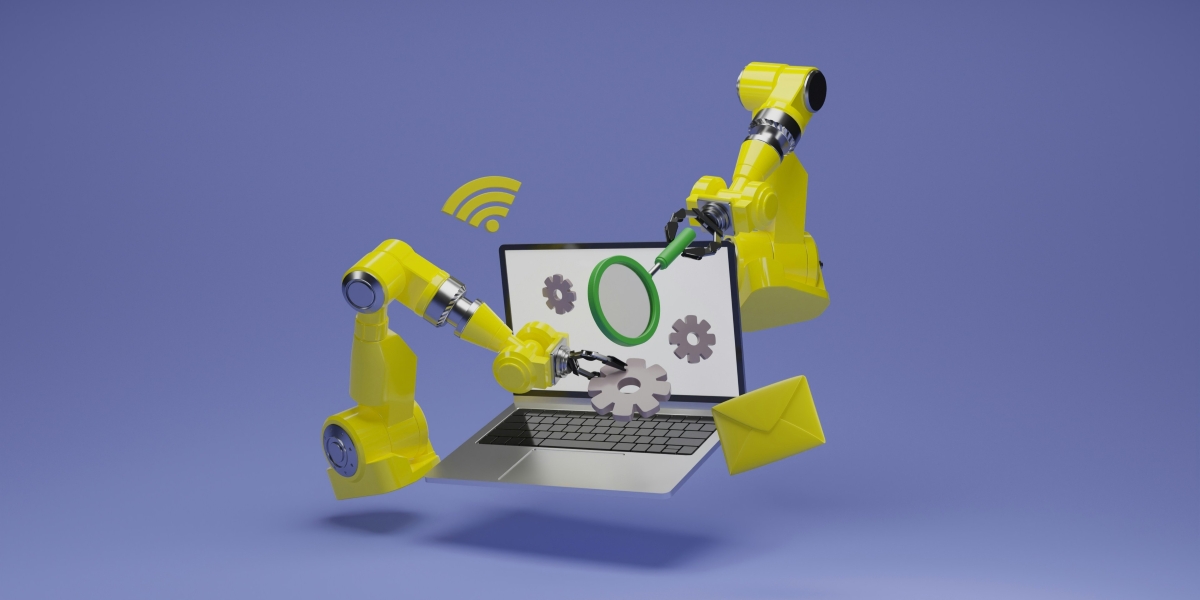Alright, let’s talk about something that affects all of us: traffic. Whether you’re stuck in a bumper-to-bumper jam on the freeway or inching your way through gridlocked city streets, traffic is a fact of life for millions of people around the world. But did you know that traffic doesn’t just impact your daily commute—it also has far-reaching effects on the economy? That’s right, folks—traffic congestion can cost billions of dollars each year in lost productivity, wasted fuel, and increased transportation costs. So buckle up and get ready to learn how traffic affects the economy in more ways than you might think.
Lost Productivity
First up, let’s talk about lost productivity. When you’re stuck in traffic, you’re not just wasting time—you’re also wasting money. Every minute spent sitting in traffic is a minute that could be spent working, producing goods, or providing services. And when you multiply those minutes by the millions of people stuck in traffic each day, the lost productivity really starts to add up.
According to one study, traffic congestion costs the US economy billions of dollars each year in lost productivity. And it’s not just workers who are affected—businesses also feel the impact of traffic congestion, with delayed deliveries, missed appointments, and decreased customer satisfaction all taking a toll on the bottom line.
But it’s not just the immediate impact of traffic congestion that hurts the economy—it’s also the long-term effects. For example, when workers are consistently late to work due to traffic congestion, it can lead to decreased job performance, increased absenteeism, and even higher turnover rates. And let’s not forget about the impact on mental health—sitting in traffic day after day can take a toll on your stress levels, your mood, and your overall well-being, all of which can affect your ability to perform at work.
Wasted Fuel
Next, let’s talk about wasted fuel. When you’re sitting in traffic with your engine idling, you’re not just burning through time—you’re also burning through gas. And with gas prices on the rise, that wasted fuel can really start to hit your wallet where it hurts.
But it’s not just individual drivers who are feeling the pain. Traffic congestion also leads to increased fuel consumption for commercial vehicles, like trucks and delivery vans, which means higher transportation costs for businesses and consumers alike. And let’s not forget about the environmental impact of all that extra fuel burning—more cars on the road means more pollution, more greenhouse gas emissions, and more damage to our planet.
And speaking of environmental impact, let’s talk about the toll that traffic congestion takes on our air quality and our health. When cars and trucks are stuck in traffic, they emit more pollutants like carbon monoxide, nitrogen oxides, and volatile organic compounds, which can worsen air quality and contribute to respiratory problems like asthma and bronchitis. And let’s not forget about the psychological toll of breathing in all that polluted air—studies have shown that living near busy roads or highways can increase the risk of depression, anxiety, and other mental health issues.
Increased Transportation Costs
But wait, there’s more! Traffic congestion doesn’t just lead to wasted time and wasted fuel—it also leads to increased transportation costs. When roads are clogged with traffic, it takes longer and costs more to move goods from point A to point B. And those increased transportation costs get passed on to consumers in the form of higher prices for goods and services.
But it’s not just the cost of moving goods that’s affected by traffic congestion—businesses also face higher costs for employee transportation, with companies often having to offer incentives like higher salaries or flexible work hours to attract and retain workers who are willing to commute in heavy traffic. And let’s not forget about the cost of maintaining and repairing roads and infrastructure damaged by all those cars and trucks sitting in traffic.
And speaking of infrastructure, let’s talk about the strain that traffic congestion puts on our roads, bridges, and highways. When roads are constantly clogged with traffic, they deteriorate more quickly, leading to increased maintenance costs and shorter lifespans for our infrastructure. And let’s not forget about the cost of building new roads and expanding existing ones to accommodate growing populations and increasing traffic volumes. With limited funding and competing priorities, governments often struggle to keep up with the demand for new transportation infrastructure, leading to even more congestion and even higher costs in the long run.
Traffic Creates an Ugly Chain of Events
Alright, let’s delve deeper into the economic impact of traffic congestion. One significant aspect is the effect on businesses. Imagine you’re a small business owner relying on timely deliveries of raw materials or products to meet customer demand. When traffic jams delay shipments, it disrupts your supply chain, affecting production schedules and potentially leading to missed deadlines and lost revenue. Larger companies may also face challenges in delivering products to retailers or directly to consumers, resulting in lost sales opportunities and decreased customer satisfaction.
Moreover, traffic congestion can hinder economic growth and development in urban areas. Cities with severe traffic problems may struggle to attract new businesses and investment, as companies may opt for locations with better infrastructure and transportation networks. Additionally, traffic congestion can discourage tourism and reduce foot traffic to local businesses, impacting the revenue of restaurants, shops, and attractions.
But the economic impacts of traffic congestion aren’t limited to businesses—they also affect individuals and households. Long commutes due to traffic congestion can eat into workers’ productivity and quality of life. Spending hours stuck in traffic means less time with family and friends, fewer opportunities for leisure activities, and increased stress levels. Over time, these factors can take a toll on mental and physical health, leading to higher healthcare costs and decreased overall well-being.
Furthermore, traffic congestion can exacerbate income inequality by disproportionately affecting low-income individuals and communities. Those who can afford it may opt to live closer to their workplaces or invest in alternative transportation options like public transit or ridesharing services. However, for many low-income workers who rely on cars for transportation, traffic congestion can result in significant time and financial burdens, as well as limited access to job opportunities and essential services.
In conclusion, traffic congestion poses significant challenges to the economy at both the individual and societal levels. From lost productivity and increased transportation costs to hindered business operations and reduced quality of life, the impacts of traffic congestion are far-reaching and multifaceted. Addressing these challenges requires a comprehensive approach that includes investments in infrastructure, transportation planning, and innovative solutions to alleviate congestion and improve mobility for all. By recognizing the economic implications of traffic congestion and implementing strategies to mitigate its effects, we can create more efficient, resilient, and prosperous communities for everyone.









